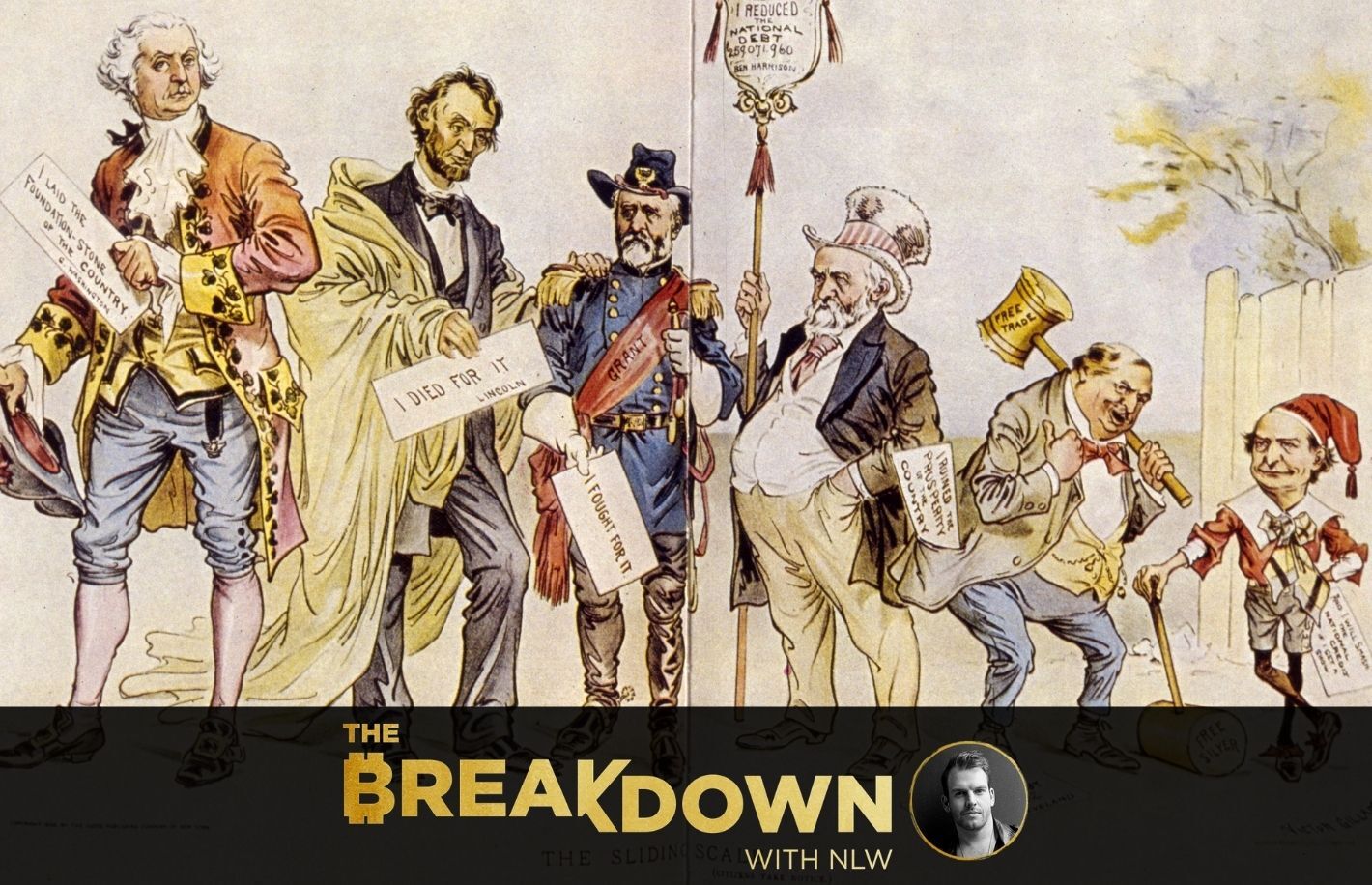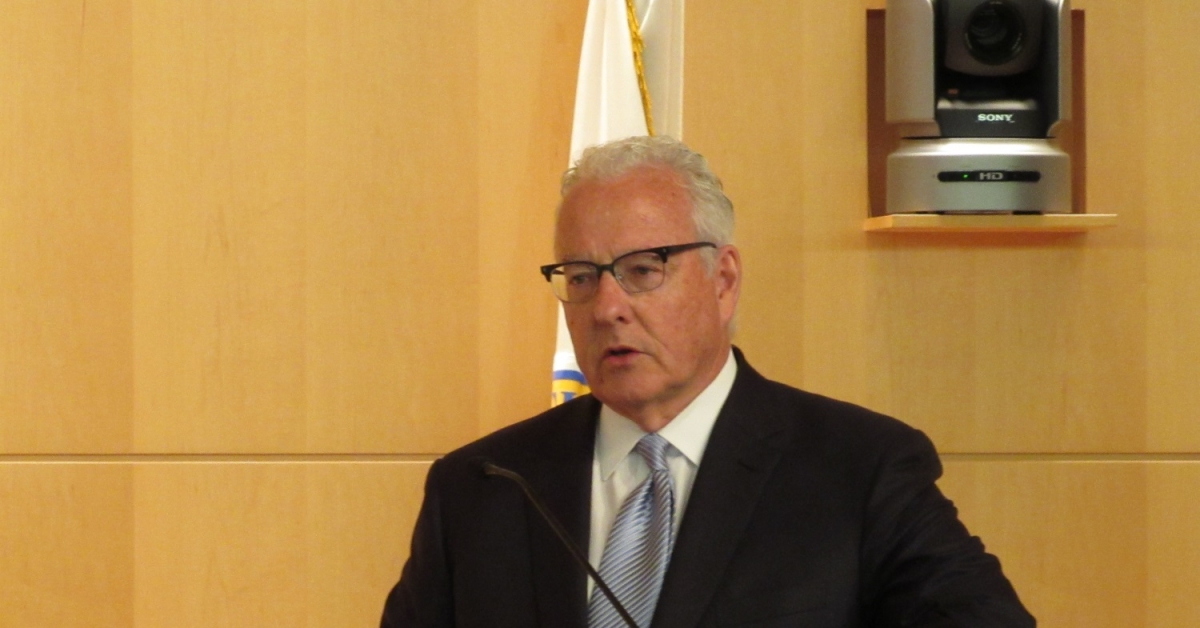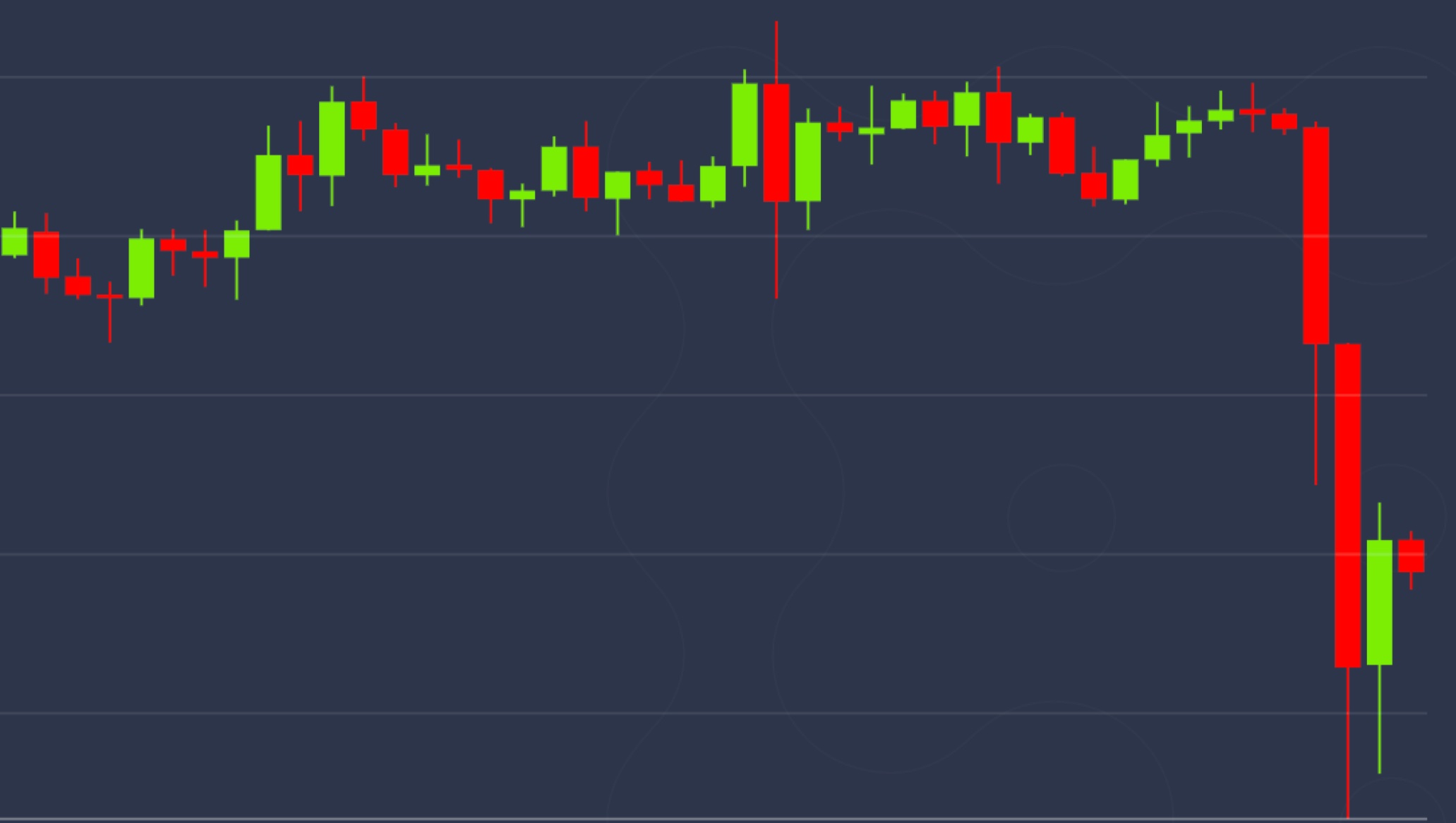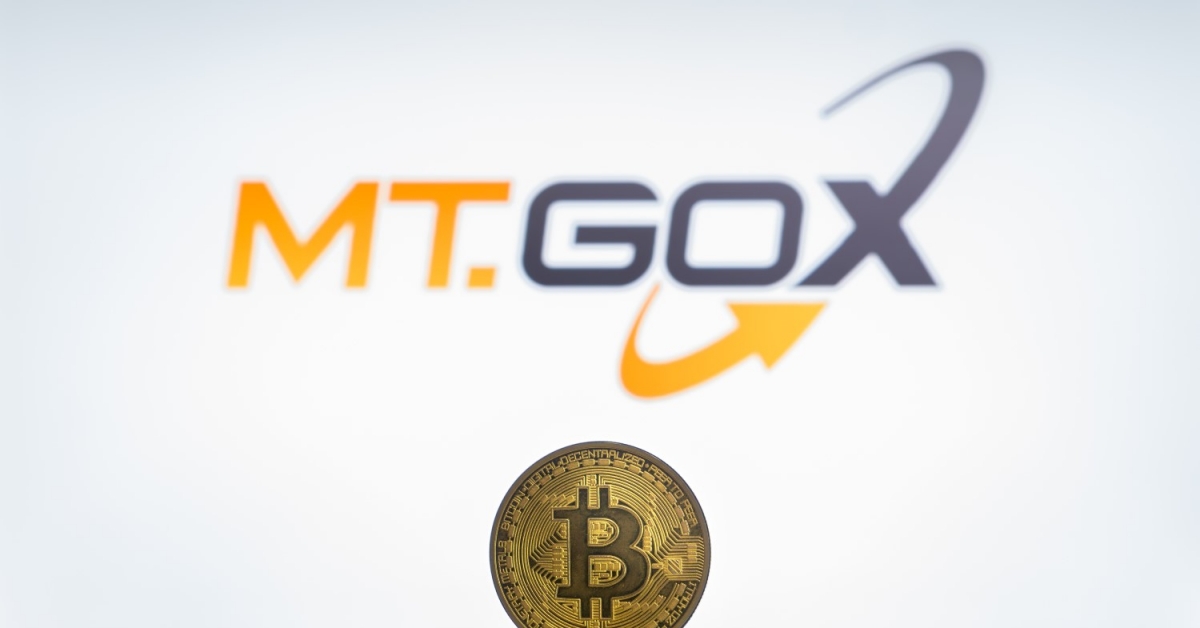Why US Policymakers Should Embrace Web 3
-
Governments should recognize the unique qualities of the internet.
-
The private sector should lead.
-
Governments should avoid undue restrictions on electronic commerce.
-
Where governmental involvement is needed, its aim should be to support and enforce a predictable, minimalist, consistent and simple legal environment for commerce.
-
Electronic commerce on the internet should be facilitated on a global basis.
In the ensuing decades, the internet transformed our economic and social interactions in ways that have profoundly changed society – for better and worse. Today, we stand at a similar moment for the next generation of the internet, and it’s time for a new set of principles that incorporate lessons learned over the past 25 years.
Tomicah Tillemann is global head of policy for crypto and James Rathmell under him at a16z. This op-ed is part of CoinDesk’s “Policy Week,” a forum for discussing how regulators are reckoning with crypto (and vice versa).
Policymakers are finally taking a long overdue interest in Web 3. But the conversation is overwhelmingly about what policymakers don’t want from technology: fraud, illicit use, unsustainable energy consumption, systemic risk. We believe it’s time to establish an affirmative vision of what we do want from technology. Open societies need a North Star to guide our efforts and innovation.
Web 3 is the most credible alternative for reshaping and redeeming institutions that have fallen short over the last few decades. The list includes Big Tech, Wall Street banks and broken public assistance platforms that have failed to quickly and efficiently deliver needed help to Americans in times of crisis.
Big tech has been embroiled in an unending series of controversies over the past decade, ranging from poor stewardship of consumer data and privacy breaches to disinformation and algorithmic bias. But these platforms are now being disrupted and disintermediated by Web 3. For instance, decentralization has opened up the possibility of a world in which people can own their data and grant applications permission to use it on a limited basis, rather than having that data littered across hundreds of centralized databases.
Decentralized finance (DeFi) is another area that holds great potential. If fintech platforms like mobile payments revolutionized the frontend of finance, we can think of DeFi as revolutionizing the backend – laying new pipes and rails that are easier and more efficient to access, audit and upgrade.
This new generation of digital infrastructure could help realize goals that have long eluded policymakers, such as expanding access to consumer finance products, reducing the cost of capital, enabling capital formation for small businesses worldwide and improving compliance through easy, instantaneous auditability. Policymakers will still need to develop thoughtful regulatory frameworks in this space that protect consumers from bad actors and ensure the stability and integrity of our financial system. However, if we are judicious in how we incubate these tools, we can usher in a new renaissance of economic opportunity.
Web 3 also holds tremendous promise for government itself. The onset of the COVID-19 pandemic led the federal government to make a major investment in Americans who were struggling to make ends meet. The proposals now being considered in Congress would bring even more aid to working families across the country. Yet, our antiquated financial systems leave far too many people waiting weeks or months for help to arrive in moments of desperation, and then even longer for checks to clear.
At the same time, existing systems have proven shockingly vulnerable to exploitation by foreign organized crime rings, which stole tens of billions of dollars from taxpayers by exploiting weaknesses in our increasingly decrepit financial architecture. Tools like stablecoins and digital identity – if embraced by Washington – can enable more efficient distribution of aid to working families and protect our systems from exploitation by foreign criminals.
Decentralization is more than a buzzword. It puts power and control back in the hands of consumers and individuals. Web 3 systems can be more inclusive, more equitable and more resilient. Simply put, they’re a dramatically better alternative to a broken digital status quo.
Technological innovation is often necessary to unlock social change and economic growth, but it is certainly not sufficient. Without a well-conceived public policy framework that recognizes the wide diversity of the Web 3 ecosystem, we may never realize the benefits of decentralized digital transformation.
Failure to get this right would mean two things:
First, other countries – potentially countries with values contrary to our own – would set the standards that define the next generation of global technology.
Second, we will miss what may be our only opportunity to apply the lessons learned from the failures of Big Tech, Wall Street and broken institutions, to implement a new vision for the role we want our technology and our institutions to play in people’s lives.
The growth of Web 3 has been driven by entrepreneurs who grew up in the aftermath of the 2008 financial crisis and want to improve on the systems of the past. And consumers are actively participating as well: we already see almost one in six Americans under the age of 35 years old investing in crypto, with strong engagement especially among Black and Hispanic Americans. These technologies are addressing a deep demand for solutions in communities that have not always been well-served by traditional finance.
Since its founding, the United States has been home to innovation, imagination and independent thinking. The success of the country has been anchored in philosophy and practice of decentralization – a belief that many independent actors could create a whole that was more than the sum of its parts, and deliver outcomes that were better than what could be achieved by concentrating power in the hands of the few. Web 3 can bring us back to those core values and revive their attendant inheritance of progress, opportunity and inclusion.
Subscribe to State of Crypto, our weekly newsletter on policy impact.
By signing up, you will receive emails about CoinDesk product updates, events and marketing and you agree to our terms of services and privacy policy.









